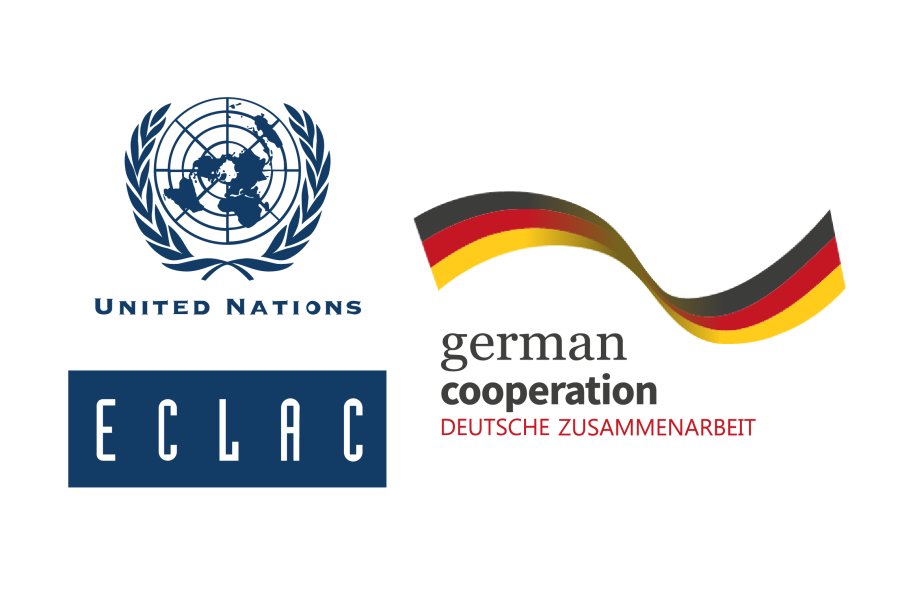Industrial policy trends in Germany
Work area(s)
Industrial policy trends in Germany
- Publication type: Project documents
- Author: Altenburg, Tilman
- Physical description: 54 páginas
- Publisher: ECLAC
- UN symbol (Signature): LC/TS.2024/101
- Date: 30 October 2024
Abstract
Industrial policy is firmly back on the international agenda and it comes in new forms. The general attitude of governments around the world has gone through phases: from outright rejection in some countries during the neoliberal phase to light-handed interventions in the early 2000s, and, increasingly, to deeper interventions over the last 10 to 15 years. Two trends are driving industrial policymaking of late, especially in the United States, China and Europe: decarbonization, which requires deep, government-led restructuring of various industries; and increasing geopolitical rivalry and supply chain disruptions, which raise concerns about strategic autonomy and economic resilience. Both trends result in heavy-handed market interventions, including unprecedented subsidies to firms, protectionism and control of foreign direct investment (FDI) flows. This study explores how these trends are changing industrial policy in Germany by examining three industries: solar and wind energy, hydrogen and digital technologies. It concludes with a discussion of the implications of these shifts for Latin America and the Caribbean, in light of its need to position itself in a changing geopolitical environment. In doing so, the region can learn from the successes and failures of Germany and other countries.
